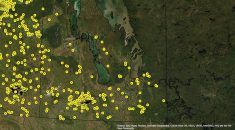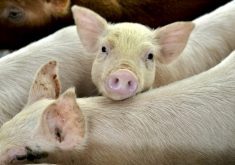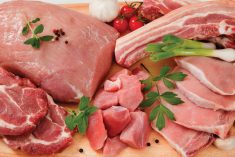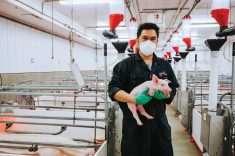“A lot of the barns that take this will never open up again.”
– KARL KYNOCH, MPC
Hog producers have had to wait an extra week to learn if they qualify for the $75-million Hog Farm Transition Program.
The first tender for the federal program was originally scheduled for October 28. But the Canadian Pork Council, which administers the plan, rescheduled it to November 4.
The reason for the delay was that many registration forms were arriving with incomplete information, especially on pig inventories, and there wasn’t enough time to get all the correct data, said Gary Stordy, a CPC spokesperson.
Read Also
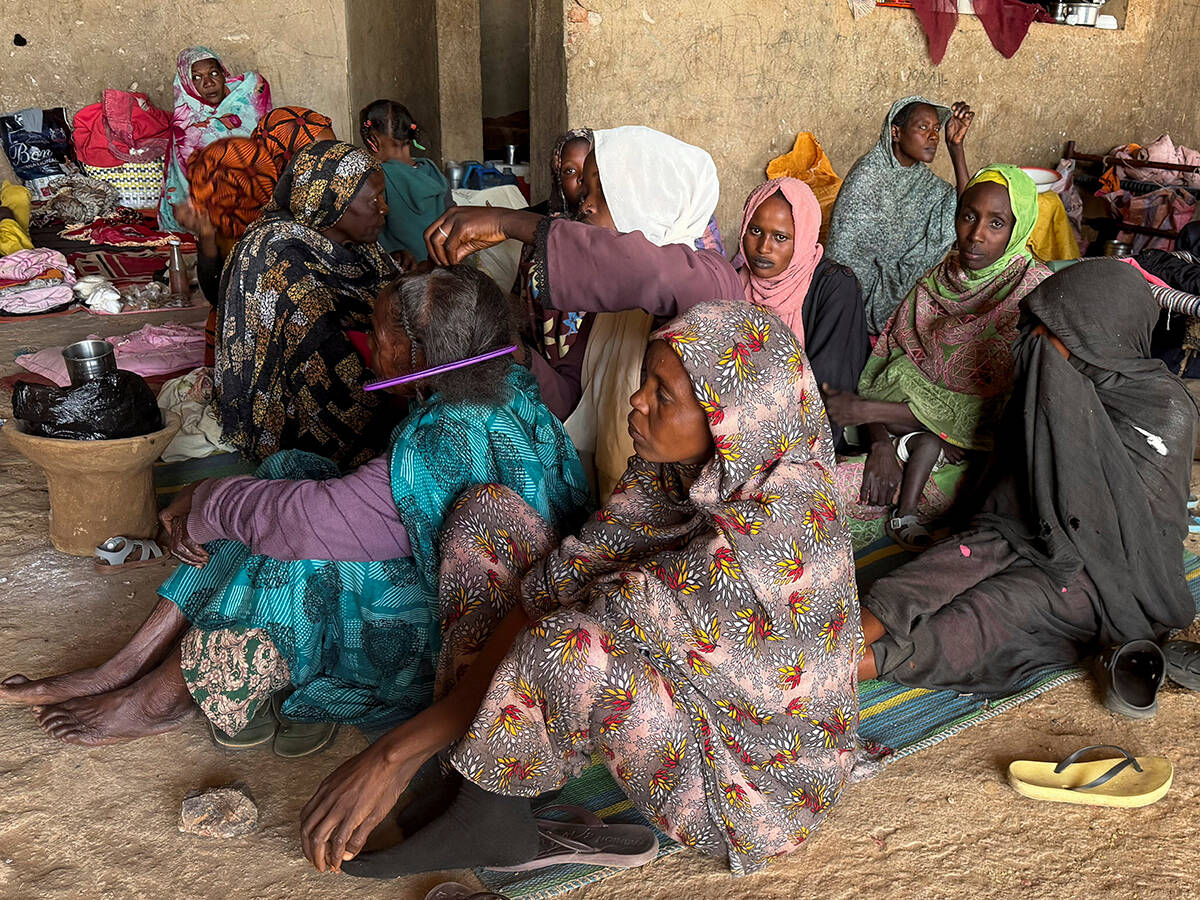
Global humanitarian aid slashed by one-third
Humanitarian aid around the world was cut by a third in 2025 and Canada is one of the culprits.
CPC had to decide whether to go ahead anyway and risk a flawed tender or wait and do it right, Stordy said.
“The thought was, let’s delay it a week so we can get through these registration forms.”
A lot of misunderstanding about the first tender was another reason for the postponement.
Stordy said many producers thought the entire $75 million was up for grabs all at once, which isn’t true. The first tender is only for $10 million.
A second tender is scheduled for November 18. Bids must be submitted to the CPC office in Ottawa by 2 p. m.
Even with the extension, not all producers who tried to register will be eligible for the first tender. Some applications require further follow up. Producers who do not participate in the first tender or whose bids are unsuccessful may participate in the second tender, said Stordy.
The program provides compensation payments for producers willing to depopulate herds and shut down their facilities for three years. Producers submit closed bids based on how much money they would need to do that.
Tenders will be offered until the $75 million is exhausted or the program has ended.
The CPC is careful not to call the program an opportunity for producers to leave the industry for good. But that’s what it’s likely to be for many, said Karl Kynoch, Manitoba Pork Council chairman.
“There’s going to be a lot of producers looking at this as a permanent exit strategy,” said Kynoch.
“We know that a lot of the barns that take this will never open up again.” [email protected]




